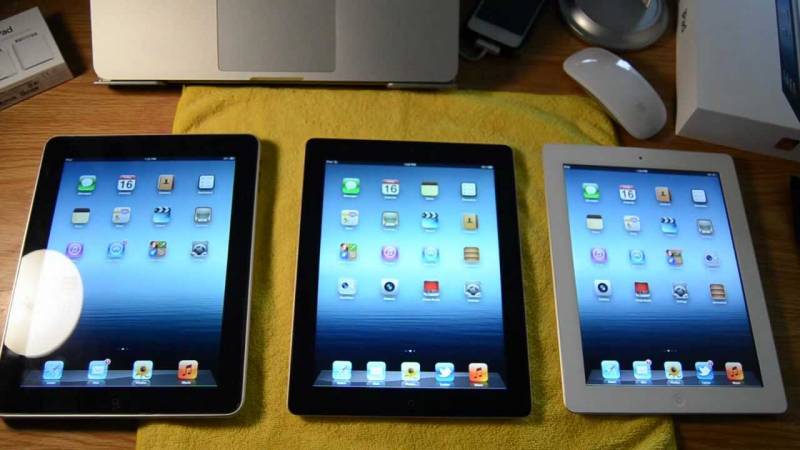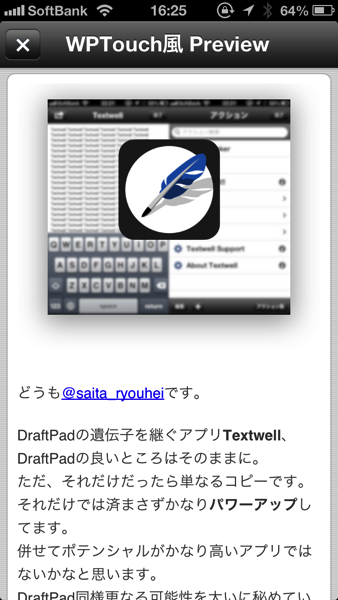

The focus of the study was on the broader principles of journalism practice in the context of technological tools. "This research used a case study of a first year journalism course at Coventry University to explore the concept of ‘Back Pocket Journalism’ and how it is taught in the selected Journalism course. The references found in this paper include grounding theory, further readings, and recent studies conducted in the United States intended to better understand the experience of these learning environments. Persons involved in the (1) decision-making process, (2) implementation, (3) teaching, and (4) sustained practice of classroom-based technology interventions will benefit from this white paper. Note that the term “digital devices’ is used throughout this paper to broadly define desktop, laptop and tablet computers, whereas we will specifically focus on the iPad in later sections. The section details the use of the Apple iPad iBooks Author soft- ware as an intervention for middle school students with disabilities. Our specific study, the basis for Dan’s recently published doctoral dissertation (Pollitt, 2013), is described in the, Classroom Practices section of this paper. To that end, the purpose of this paper is four-fold: (1) establish a concise background of how we arrived at the “cart before the horse” mentality, (2) provide a guiding theory to understand how learning experiences may differ on digital devices, (3) summa- rize why structural elements of the classroom matter, and (4) describe a classroom-based intervention us- ing an iPad iBook with students with disabilities.
Textwell ipad how to#
As practitioners working with students on a daily basis, we are concerned with the “cart be- fore the horse” mentality of large-scale investments for digital devices while overlooking a comprehensive un- derstanding of how to best leverage such technologies in the classroom. With the proliferation of the personal computer, have heavily invested in technology and learning over the last decade. We also explore current trends in technology use, describing and providing practical examples of implementation and integration to support a more inclusive future with emerging technologies. We present several fun propositions that can help create a culture to support educators as they endeavour to create inclusive educational experiences with emerging technologies.
Textwell ipad professional#
Finally, based on information gained from experience in providing professional development, school level implementation, individual student interventions and teacher focus groups, we offer some recommendations for practice.

Next, we present a strategy that educators can use to apply the research-based framework of UDL in order to make informed implementation choices with new technologies. First, we examine the rule of the least dangerous assumption, which supports trying new technologies even if the evidence base is lacking. In order to address this need, the article presents some ways in which educators can make informed implementation decisions around these new tools. Significant challenges exist in implementing transforma-tive technologies with a limited or non-existent evidence base for their use, and designing inclusive educational experiences with a limited evidence base is even more challenging. The aim of this article is to explore the opportunities and challenges that arise with the proliferation of new technology, to provide an understanding of why it is important to try new strategies in education, and to provide an inclusive framework for experimentation using tools such as robotisation, automatisation, artificial intelligence and immer-sive learning.


 0 kommentar(er)
0 kommentar(er)
